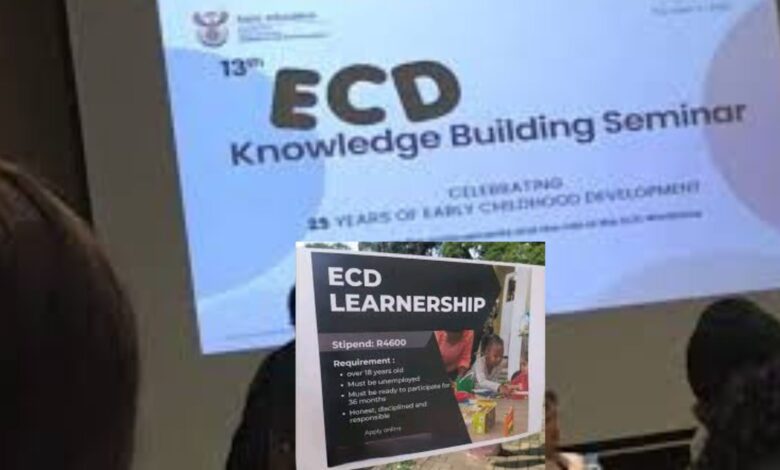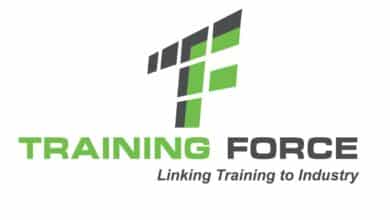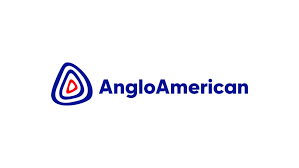
The ECD Learnerships 2024 training programs are designed to cater to a diverse audience committed to the welfare and education of young children. Participants include:
ECD Learnerships 2024
- ECD Practitioners in ECD Centers: Professionals currently engaged in early childhood development settings seeking formal accreditation.
- Day Mothers: Individuals providing vital care and educational support to children in a home-based environment.
- Community-based Organization Practitioners: Professionals working within community organizations focused on child welfare and development.
Key Learning Objectives
Upon completion of our accredited qualification, learners gain the skills and knowledge to effectively:
- Plan and Prepare for Early Childhood Development: Implementing structured educational and developmental activities tailored to the needs of young children.
- Facilitate and Monitor Development: Tracking and supporting the developmental progress of babies, toddlers, and young children under their care.
- Provide Care and Support: Offering nurturing care and emotional support that is essential for the well-being of infants and toddlers.
- Facilitate Life Skills, Literacy, and Numeracy Programs: Enhancing foundational learning during the critical Grade R (Reception) year, promoting early literacy and numeracy skills development.
Practical Implementation and Support
Our approach ensures that practitioners receive ongoing supervision and support through meticulously designed programs. This framework enables them to apply their acquired knowledge and skills effectively within real-world environments, ensuring optimal outcomes for the children under their care. Whether participants are seasoned practitioners seeking formal recognition of their expertise or newcomers aspiring to enter the field, our training provides a structured pathway to success.
Click here to join the Internship at CATHSSETA – R5 600.00 Stipend per month
Benefits from ECD Programs?
By participating in our accredited training programs, individuals not only enhance their professional credentials but also contribute positively to their communities. The structured development of human capital within the ECD sector ensures that children receive high-quality care and education, laying a strong foundation for their future growth and development. Moreover, our emphasis on cultural sensitivity and individualized care ensures that all children, regardless of background or circumstance, receive equitable access to essential early childhood services.
Advantages
Empowering communities through accredited training in Early Childhood Development (ECD) offers numerous advantages that contribute to both individual and societal well-being. Here are some key advantages:
- Professional Development: Accredited training programs provide participants, such as ECD practitioners and day mothers, with formal recognition and certification of their skills. This enhances their professional credibility and opens up opportunities for career advancement within the ECD sector.
- Enhanced Quality of Care: Trained practitioners are equipped with the knowledge and skills to provide high-quality care and education to young children. They learn effective strategies for fostering children’s cognitive, emotional, social, and physical development, which ultimately enhances the overall quality of early childhood education services in communities.
- Improved Child Outcomes: Effective early childhood development is crucial for laying a solid foundation for children’s future success. Trained practitioners are better able to facilitate age-appropriate learning experiences, monitor developmental milestones, and provide the necessary support to ensure optimal outcomes for children in their care.
- Cultural Sensitivity and Inclusivity: Accredited training programs often emphasize cultural sensitivity and inclusivity in early childhood education. Practitioners learn how to respect and integrate diverse cultural practices and beliefs into their teaching methods, creating a more inclusive and supportive learning environment for all children.
- Community Engagement and Support: Training programs that involve community beneficiaries as facilitators and assessors foster a sense of ownership and engagement within the community. This participatory approach not only strengthens community bonds but also ensures that training initiatives are tailored to meet local needs and priorities.
- Capacity Building: By empowering community members through skills development initiatives, accredited training programs contribute to the overall capacity building of the community. Trained practitioners can become advocates for children’s rights and early childhood education, promoting awareness and positive change within their communities.
- Economic Opportunities: Accredited training in ECD can create economic opportunities for individuals, particularly those from disadvantaged backgrounds. It equips them with marketable skills and qualifications that enhance their employability and income-earning potential, thereby contributing to poverty alleviation and economic development at the community level.
- Long-Term Social Impact: Investing in early childhood development through accredited training programs yields long-term social benefits. Children who receive quality early childhood education are more likely to succeed academically, stay in school longer, and achieve better health outcomes throughout their lives. This, in turn, contributes to reduced poverty, improved social mobility, and stronger, more resilient communities.
Conclusion:
In conclusion, our accredited training in Early Childhood Development stands as a beacon of excellence within the field. Through the dedication of our community beneficiaries turned skilled facilitators and assessors, we empower individuals to make a meaningful impact on the lives of young children. By adhering to SETA standards and SAQA qualifications, we uphold the highest benchmarks of quality and professionalism, ensuring that our graduates are well-prepared to meet the diverse challenges of early childhood development.






